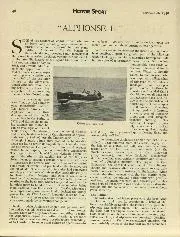
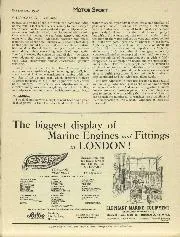
ALPHONSE II
" ALPHONSE I I ." SOME of the readers of MOTOR SPORT who are of fairly long standing may remember an effusion which once appeared in these pages entitled "Alphonse."…
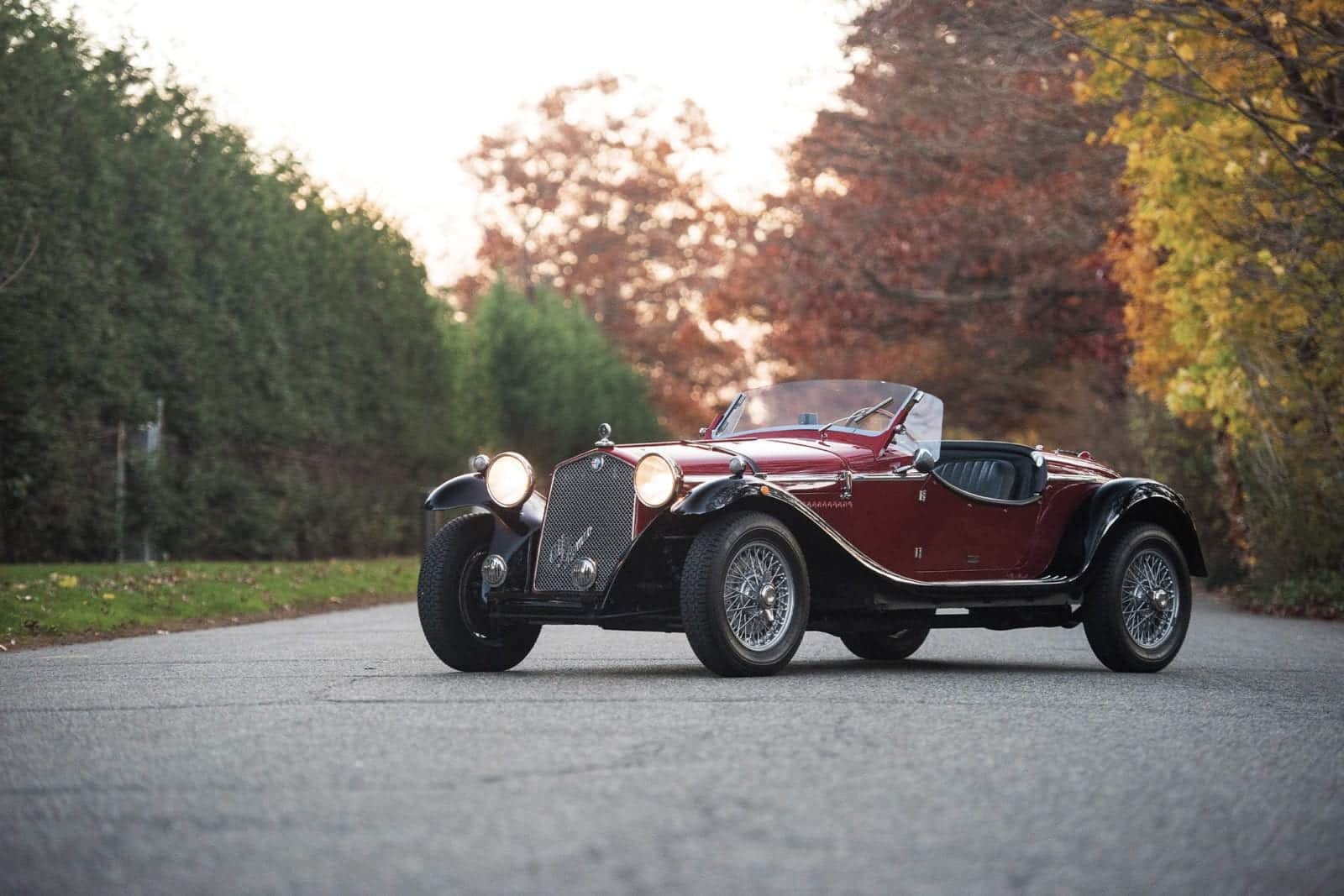
1968 Alfa Romeo Gran Sport Quattroruote, sold for $99,000
RM Sotheby's
The global coronavirus pandemic has well and truly put the kybosh on conventional live auctions, with all major sales in Europe, America and The Far East either cancelled, postponed or – in the case of several houses – adapted to online-only events.
In the UK, H&H Classics was the first specialist car auctioneer to make a nimble leap from live to online, quickly converting its March 18 sale at the Imperial War Museum to an event from which the public had to be excluded due to the sudden closure of the venue in accordance with health guidelines.
All the same, the house achieved a reasonable 60 per cent sale rate and went on to sell an impressive 97 per cent of all lots at its online automobilia sale 11 days later. But while conventional operators are running to catch up, Tristan Judge has been demonstrating the effectiveness of web-only classic car sales for more than two years through his online business themarket.co.uk – and the coronavirus lockdown appears to have brought even more visitors to the site.
“There has been a significant uptick in traffic during recent weeks and, perhaps surprisingly, March proved to be a record month with a total of 26 cars sold for a combined value of £750,000.”
Judge says much of the appeal of The Market lies in the fact that there is no buyer’s fee (conventional houses charge up to 25 per cent of the sold price, plus VAT), with vendors paying just five per cent of the sold value.
Overheads are kept low, while the usual glossy catalogues containing often brief descriptions of lots are replaced by extensive, online essays that explain the history of individual models before going on to describe the specific cars in detail, often highlighting the vendor’s existing ownership experience. The downside is that buyers don’t get to actually see the car in the flesh of course – usually a key part of the process – although the Oxfordshire-based firm does provides a video service, and helps with delivery and collection.
One wonders if this trend will become the new normal once this unprecedented situation ends.
Auction results
Sold for $99,000, RM Sotheby’s
This fabulous and practical recreation of a pre-war Alfa Romeo was one of fewer than 100 cars officially sanctioned by the marque. Featuring an aluminium body built by Zagato, Giulia underpinnings and a 1570cc, four-cylinder engine producing 92bhp, it was nicely detailed and pleasantly patinated.
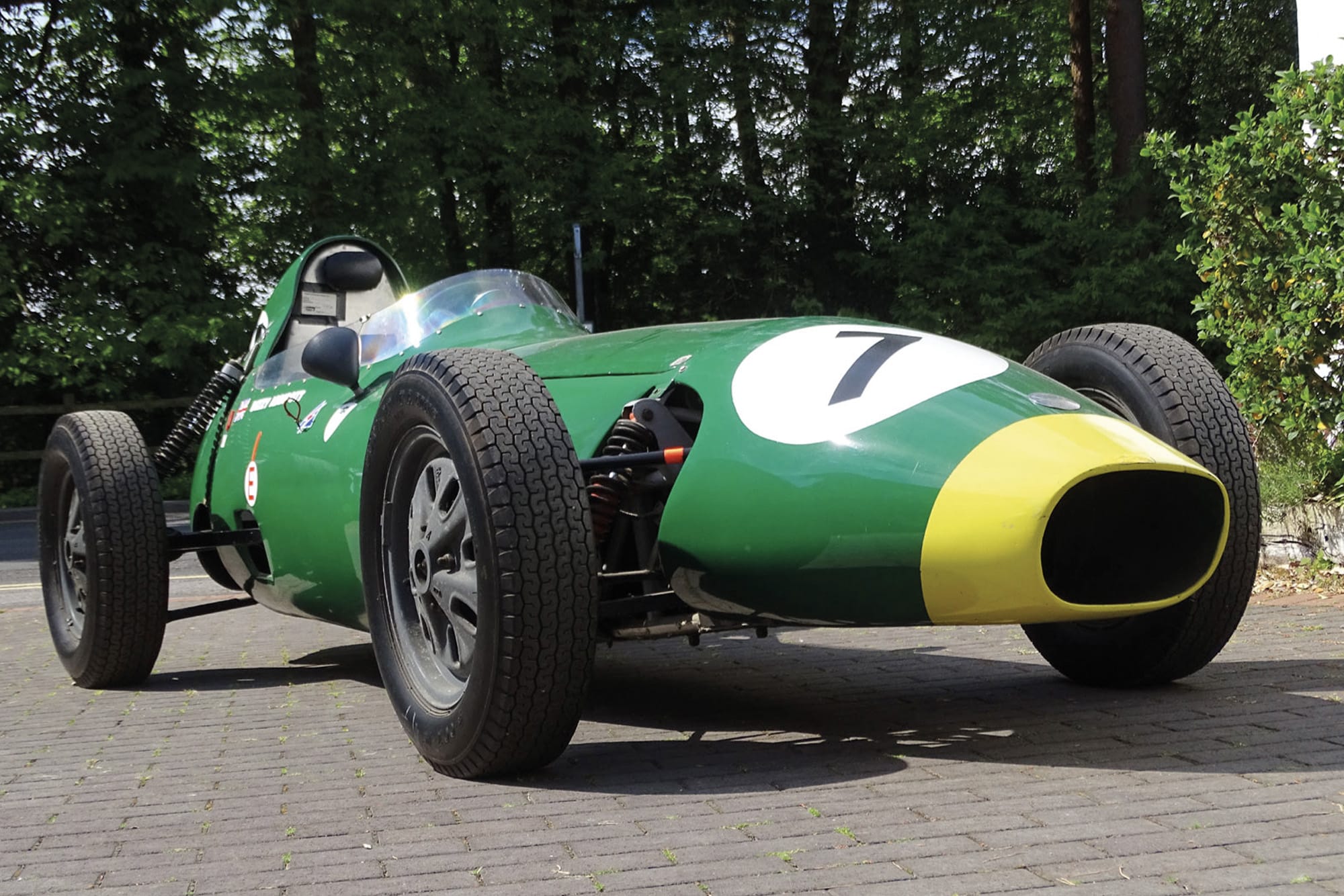
Sold for £29,250, H&H
This DKW two-stroke Elva was raced in America and Europe before ending up in the Brooklands Museum. One of 75 exported to the US, it crossed back over the Atlantic in 1980 and was in the vendor’s ownership for over 20 years. It was sold with spares, including three extra DKW engines.
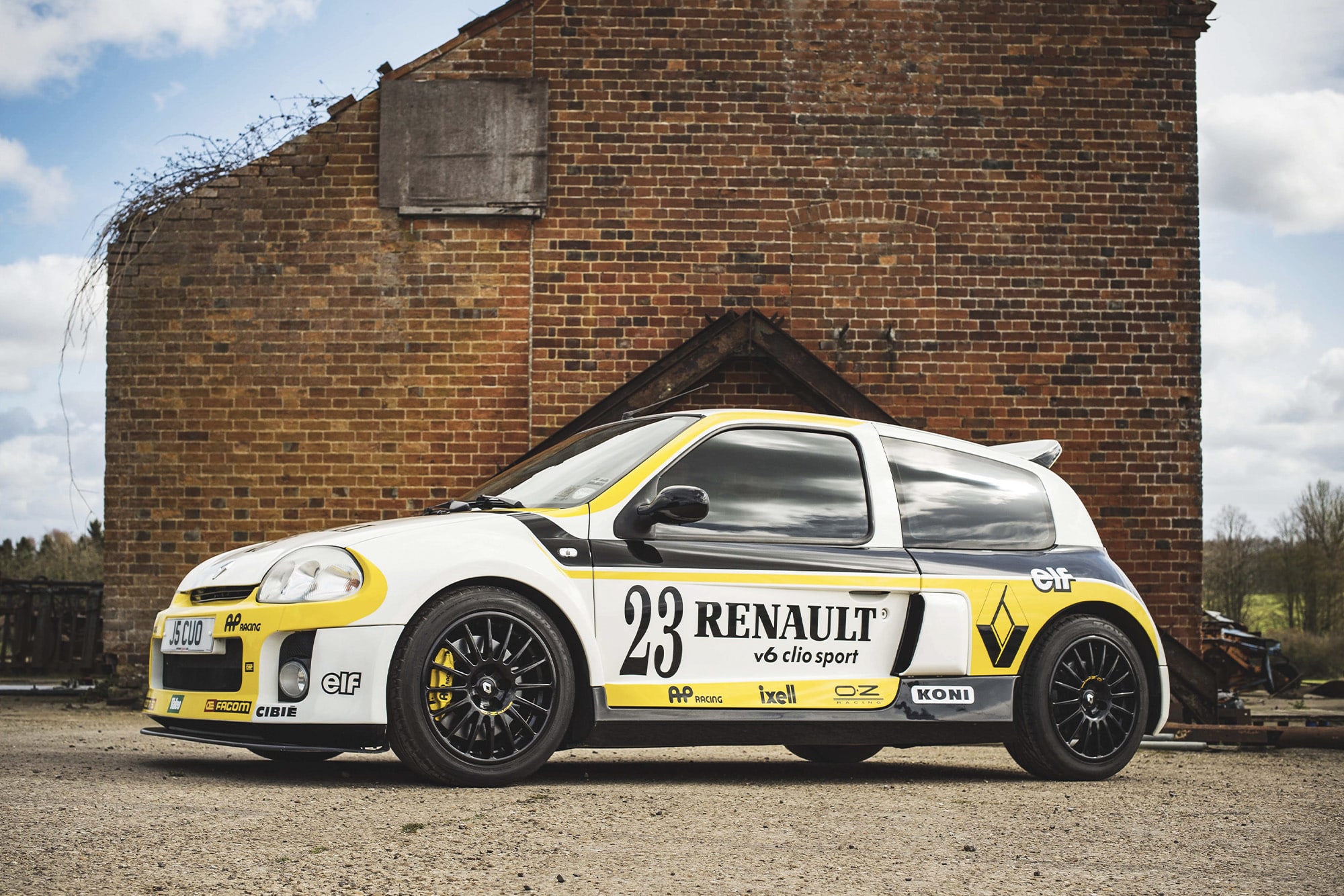
Sold for £20,001, themarket.co.uk
This works lookalike was an early example of the Phase 2 Clio V6, meaning its rear-mounted engine produced a claimed 252bhp, enough to propel the rear-wheel-drive Clio to 153mph. With 46,000 miles on the clock and a new MOT, the car appears to have had an easy life.
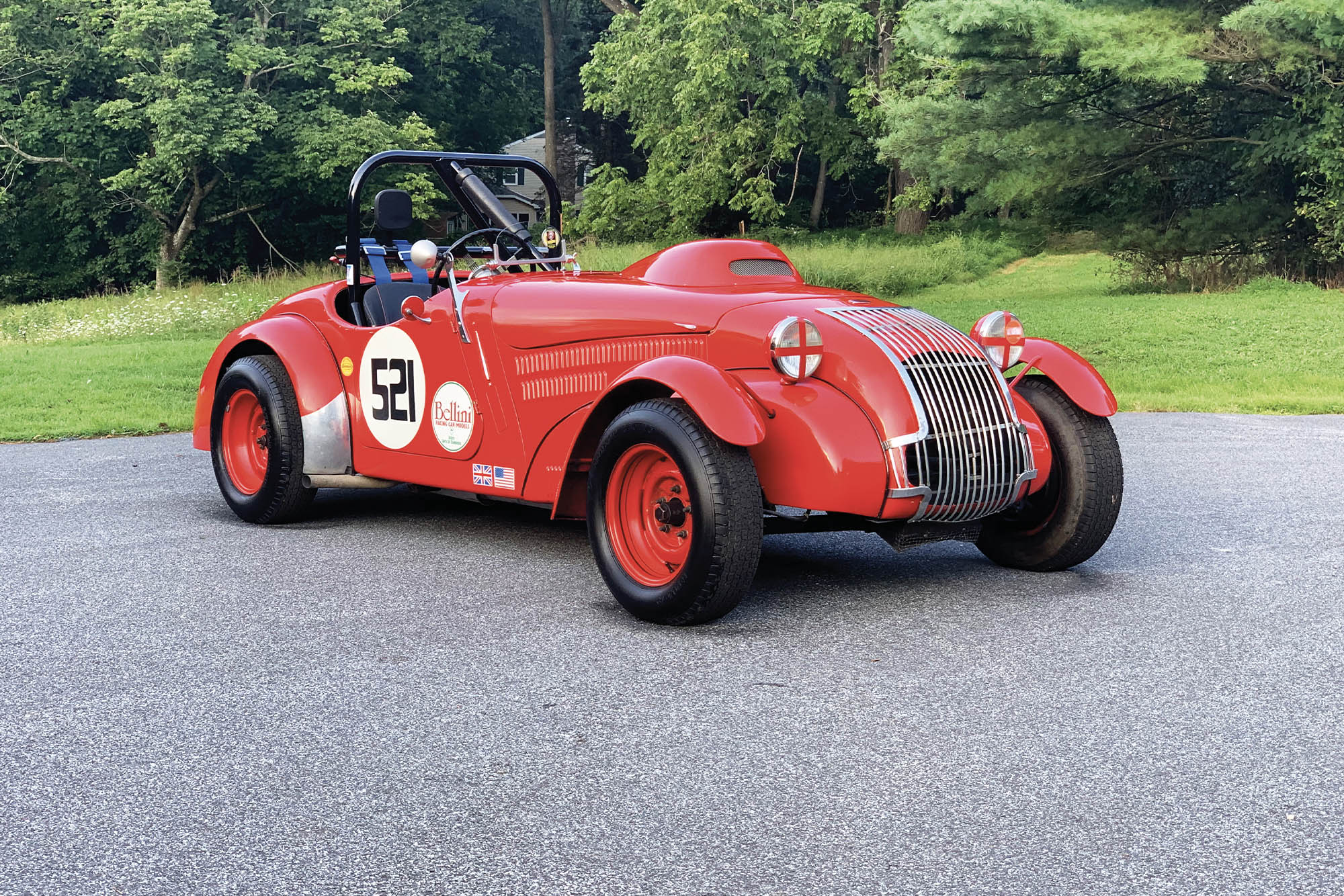
Sold for $50,600 RM Sotheby’s
This online-only Palm Beach sale was dogged by the effects of the coronavirus, meaning many cars were unsold, and others went for bargain prices – a Bentley Azure for $33,000? Also in the latter category was this supercharged Allard K1, a former ‘best historic race car’ winner at Amelia Island and still an on-the-button competitive car.
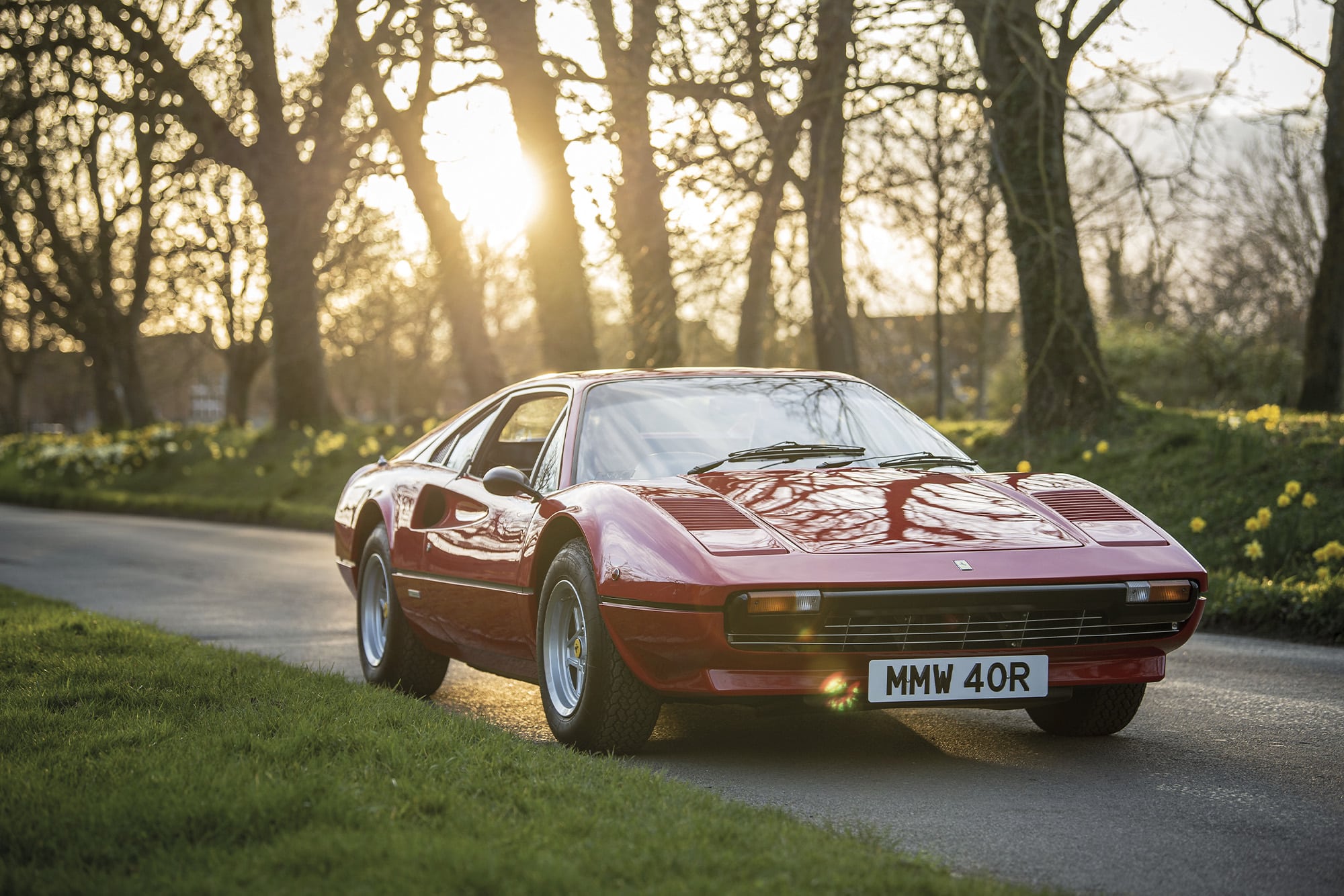
Sold for £87,000, themarket.co.uk
Glass fibre bodied or vetroresina Ferrari 308s made during the first two years of the model’s production have always been considered more appealing than the steel cars that followed – but the high prices they once achieved have tumbled. This immaculate example is said to have changed hands for more than £150,000 just two years ago.